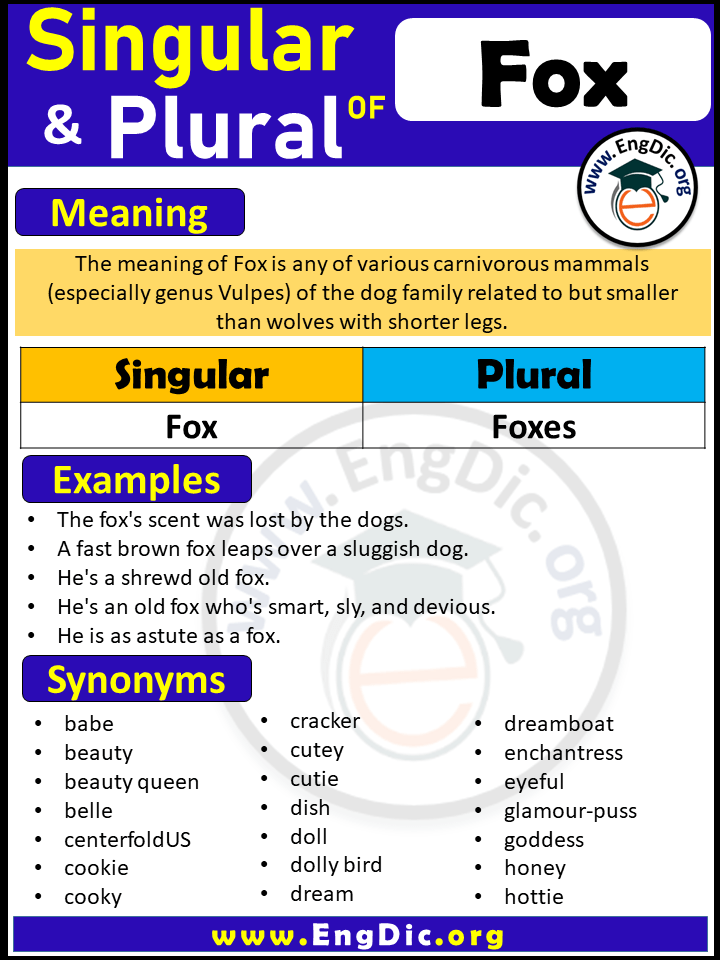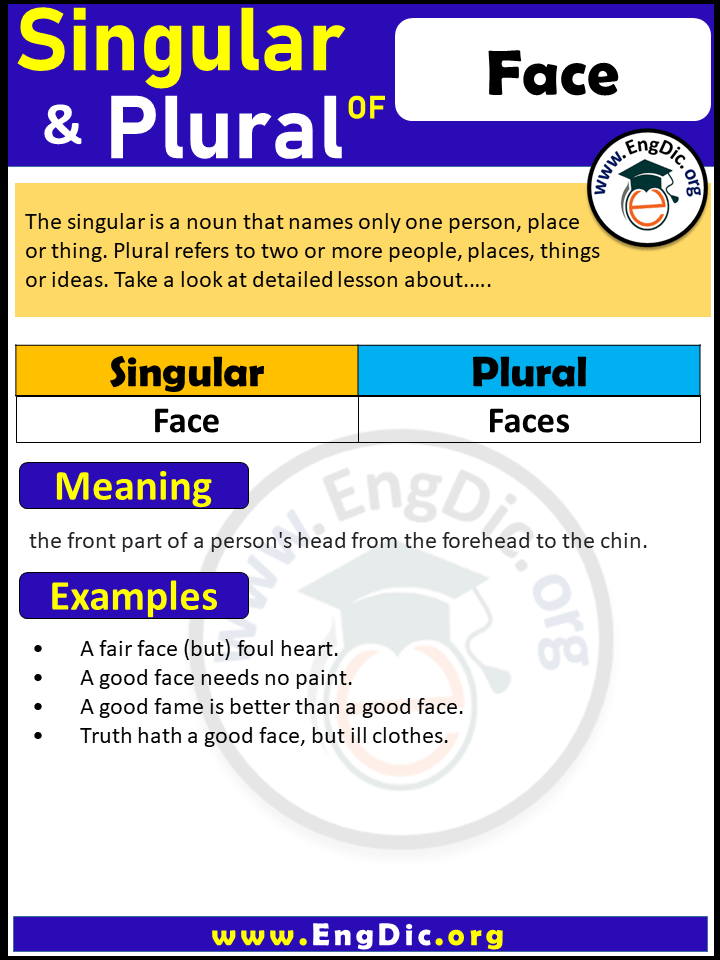Meaning: a waterbird with a broad blunt bill, short legs, webbed feet, and a waddling gait.
Plural of Duck
| Singular | Plural |
| Duck | Ducks |
Synonyms
- bend
- bow
- crouch
- dive
- dodge
- elude
Duck as a Singular Noun in Example Sentences:
- The duck swam gracefully in the pond.
- I saw a cute duck waddling near the lake.
- The little girl fed the duck at the park.
- The mother duck protected her ducklings from danger.
- A solitary duck floated on the calm water.
- The hunter aimed at the duck flying overhead.
- The duck quacked loudly, attracting attention.
- I spotted a colorful duck among the reeds.
- The duck dived underwater to catch its food.
- The duck shook its feathers to dry off.
Duck as a Plural Noun in Example Sentences:
- The pond was filled with ducks swimming together.
- We watched the ducks gather near the bread crumbs.
- The ducks quacked in unison, creating a symphony.
- The children laughed as the ducks waddled by.
- The mother ducks led their ducklings across the road.
- The ducks flapped their wings and took off.
- The lake was a habitat for various species of ducks.
- The ducks floated gracefully on the shimmering water.
- The ducks followed each other in a straight line.
- We counted seven ducks swimming in the pond.
Singular Possessive of Duck
The singular possessive form of “Duck” is “Duck’s”.
Examples of Singular Possessive Form of Duck:
- Duck’s feathers are waterproof for swimming.
- Let’s observe duck’s graceful movements.
- Duck’s beak is designed for feeding.
- The color of duck’s plumage is vibrant.
- We should protect duck’s natural habitat.
- Duck’s webbed feet assist in swimming.
- Duck’s quack is a distinct sound.
- Duck’s wings enable flight and navigation.
- It’s important to respect duck’s territorial boundaries.
- Duck’s diet consists of various aquatic organisms.
Plural Possessive of Duck
The plural possessive form of “Duck” is “Ducks'”.
Examples of Plural Possessive Form of Duck:
- Ducks’ feathers are waterproof for swimming.
- Let’s observe ducks’ graceful movements.
- Ducks’ beaks are designed for feeding.
- The colors of ducks’ plumage are vibrant.
- We should protect ducks’ natural habitats.
- Ducks’ webbed feet assist in swimming.
- Ducks’ quacks are distinct sounds.
- Ducks’ wings enable flight and navigation.
- It’s important to respect ducks’ territorial boundaries.
- Ducks’ diets consist of various aquatic organisms.






